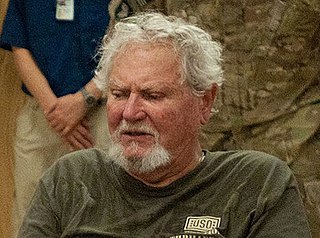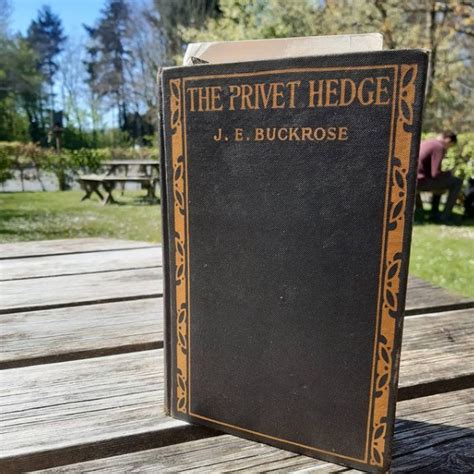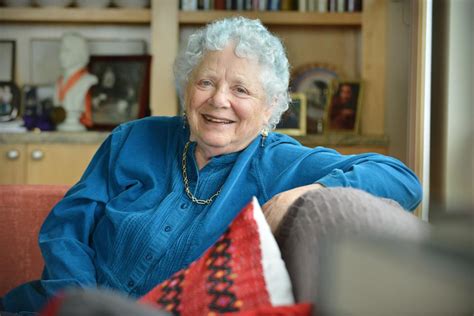A Quote by Christopher Bollen
It is a little out of touch to presume that someone wants to follow your every observation and insight over the course of hundreds of pages without any sort of payoff. That's why writing isn't a one-way street. You have to give something back: an interesting plot, a surprise, a laugh, a moment of tenderness, a mystery for the reader to piece together.
Related Quotes
This element of surprise or mystery — the detective element as it is sometimes rather emptily called — is of great importance in a plot. It occurs through a suspension of the time-sequence; a mystery is a pocket in time, and it occurs crudely, as in "Why did the queen die?" and more subtly in half-explained gestures and words, the true meaning of which only dawns pages ahead. Mystery is essential to a plot, and cannot be appreciated without intelligence.
The only place where you can really surprise or shock the reader, or make someone laugh, is on the lower righthand corner - the very last panel - so as you turn the page, the payoff is in the upper lefthand panel. To pace every story so that there's a setup and a payoff at the page turn was a huge challenge; it's a part of the medium and you really have to learn what can be done in the medium.
I plot as I go. Many novelists write an outline that has almost as many pages as their ultimate book. Others knock out a brief synopsis... Do what is comfortable. If you have to plot out every move your characters make, so be it. Just make sure there is a plausible purpose behind their machinations. A good reader can smell a phony plot a block away.
In all my life I'd never been approached this way, the car pulling up, the Where you going? It was something I wish had happened hundreds of times. I was a looker - someone who looked over at every car at every traffic light, hoping something would happen, and almost never finding anyone looking back - always everyone looking forwards, and every time I felt stupid. Why should people look at you? Why should they care?
there are - as every one knows - two kinds of writing: one coming out of your vitals and the other from the top of your head. The first is the only sort from which any true private pleasure can be gained, for it is a way of getting something out of life which seemed to be there in childhood, when childhood is quite over.
Characters who are absolutely sure about what they do, who plunge ahead without fear, are not that interesting. We don’t go through life that way. In reality, we have doubts just like everyone else.
Bringing your Lead’s doubts to the surface in your plot pulls the reader deeper into the story, and this is an excellent way to coax the reader to lose himself in the story world you’re about to create.
I do not often follow my characters off on tangents or change my story on a whim. I have an outline which I follow quite sternly...for a good long while. Then it turns out in some way to be insurmountably wrong and I am forced to re-think every component. Usually at this point I throw hundreds of pages away.
Nice writing isn't enough. It isn't enough to have smooth and pretty language. You have to surprise the reader frequently, you can't just be nice all the time. Provoke the reader. Astonish the reader. Writing that has no surprises is as bland as oatmeal. Surprise the reader with the unexpected verb or adjective. Use one startling adjective per page.
In comics the reader is in complete control of the experience. They can read it at their own pace, and if there's a piece of dialogue that seems to echo something a few pages back, they can flip back and check it out, whereas the audience for a film is being dragged through the experience at the speed of 24 frames per second.
Going back to school is like going back in time. Immediately, for better or for worse, you must give up a little piece of your autonomy in order to become part of the group. And every group, of course, has its hierarchies and rules- spoken and unspoken. It is like learning to live once again in a family- which, of course, is the setting where all learning begins.






































